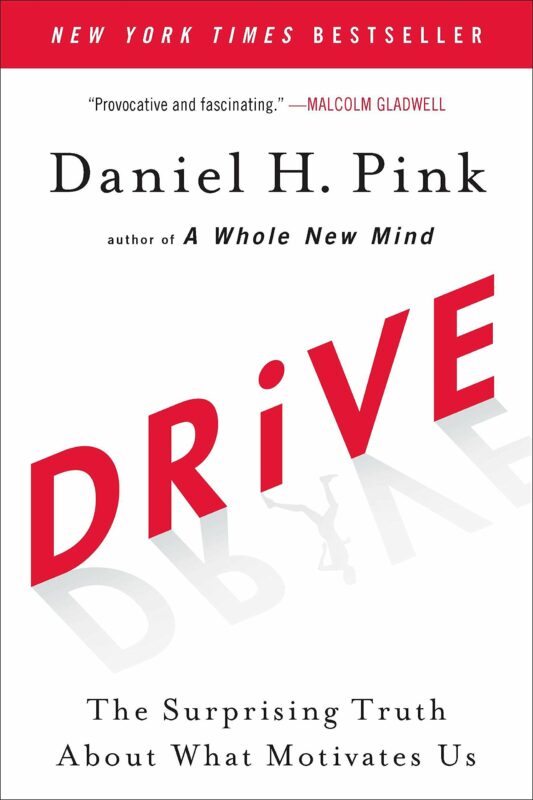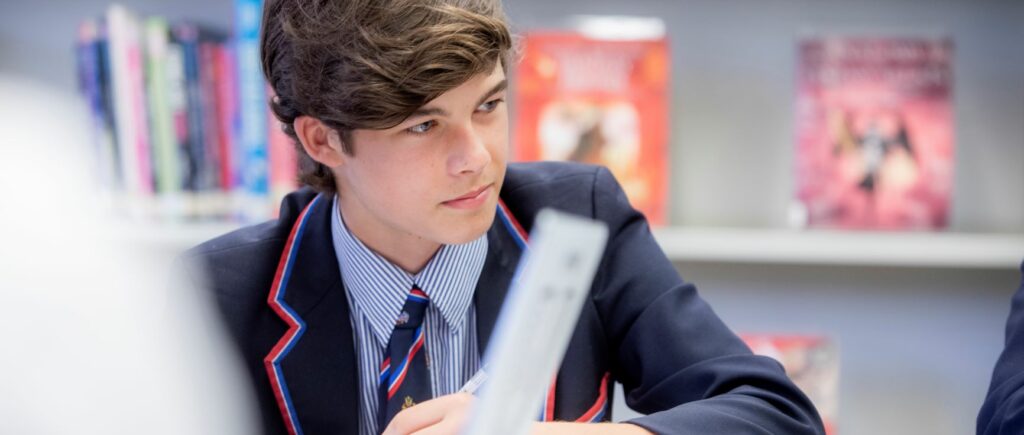Sustaining Motivation
As we near the final year exams for our Year 12 students, and as online learning continues (in part), the question of how to sustain motivation for learning for our boys is one on many people’s minds. Motivation is also one of the three pillars of our positive masculinity model here at Brighton Grammar.
One of the best researched and most influential books on the topic of motivation is Drive by Daniel Pink. Towards the end of his book, Pink includes a special section for parents and educators on how to nurture intrinsic motivation in our children and students.
Here are three ideas that Daniel Pink shares to help with motivation:
- Help boys stay connected to the ‘why’ of their engagement
By asking your son questions that prompt him to connect the current task to the bigger picture, and his long-term goals, can help him to remember the deep purpose behind his study and assist with motivation. - Offer praise ‘the right way’
This means praising effort and strategy over intelligence, making sure that praise is specific, and ensuring sincerity. Pink warns, ‘If you overpraise, kids regard it as dishonest and unearned.’ - Offer ‘now that’ rewards rather than ‘if then’ rewards
‘If then’ rewards, like, ‘If you do this work, we can have pizza for dinner’, can undermine people’s intrinsic motivation to complete a task, decrease the creativity of their approach to the task, and decrease the chances that they’ll complete it without a reward in future. ‘Now that’ rewards, such as ‘Now that you’ve put in a great effort today, we will have pizza for dinner’, act as pleasant surprises that acknowledge good efforts without undermining future intrinsic motivation. But Pink adds that regular and predictable ‘now that’ rewards quickly become more reliable ‘if then’ rewards, so ensure that your ‘now that’ rewards remain a pleasant surprise by avoiding too much regularity.
We also encourage you to get in touch with your son’s tutor or relevant teachers for more deep-seated issues of motivation.

Oliver Lovell
Secondary Teacher and Senior Researcher

